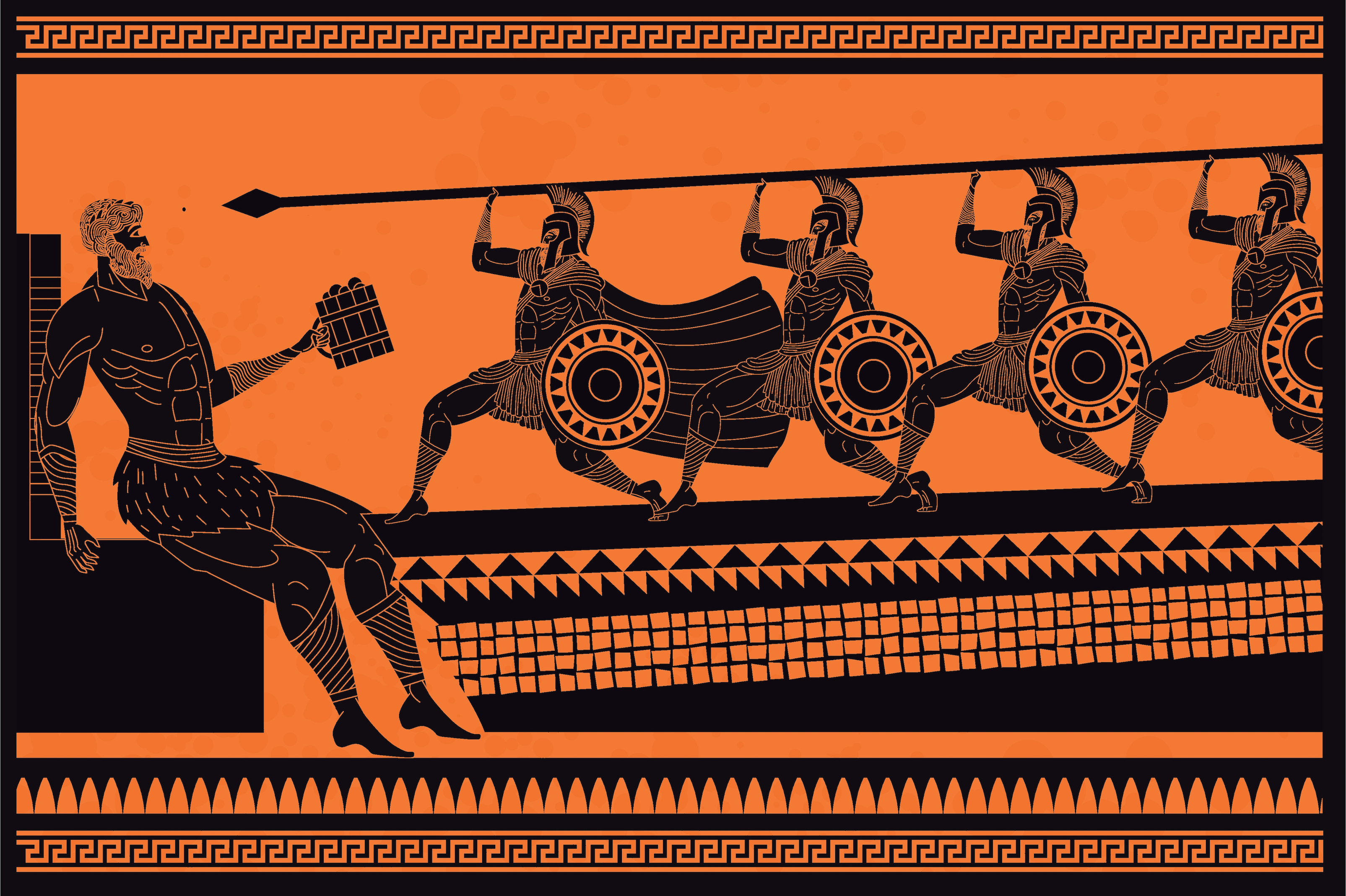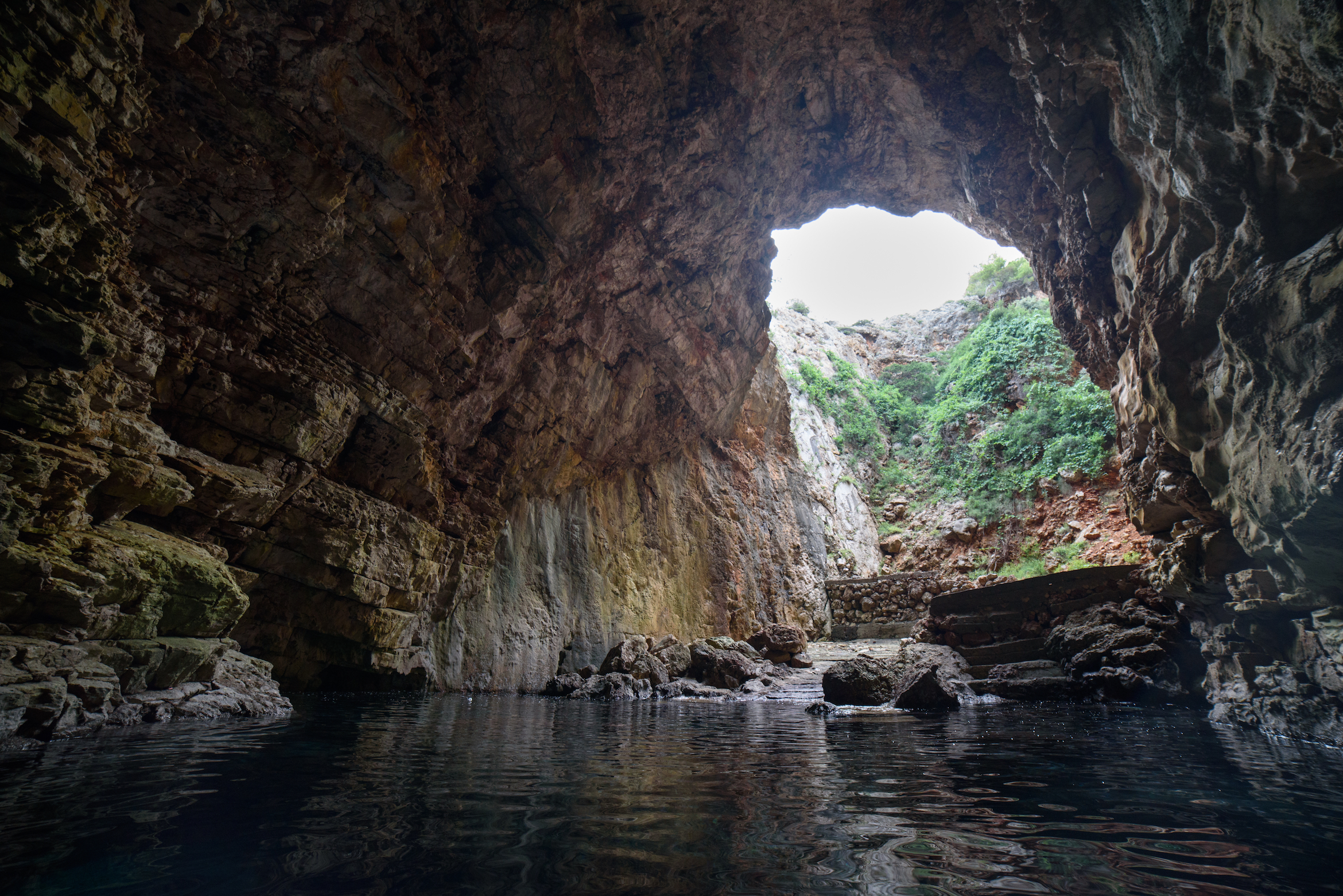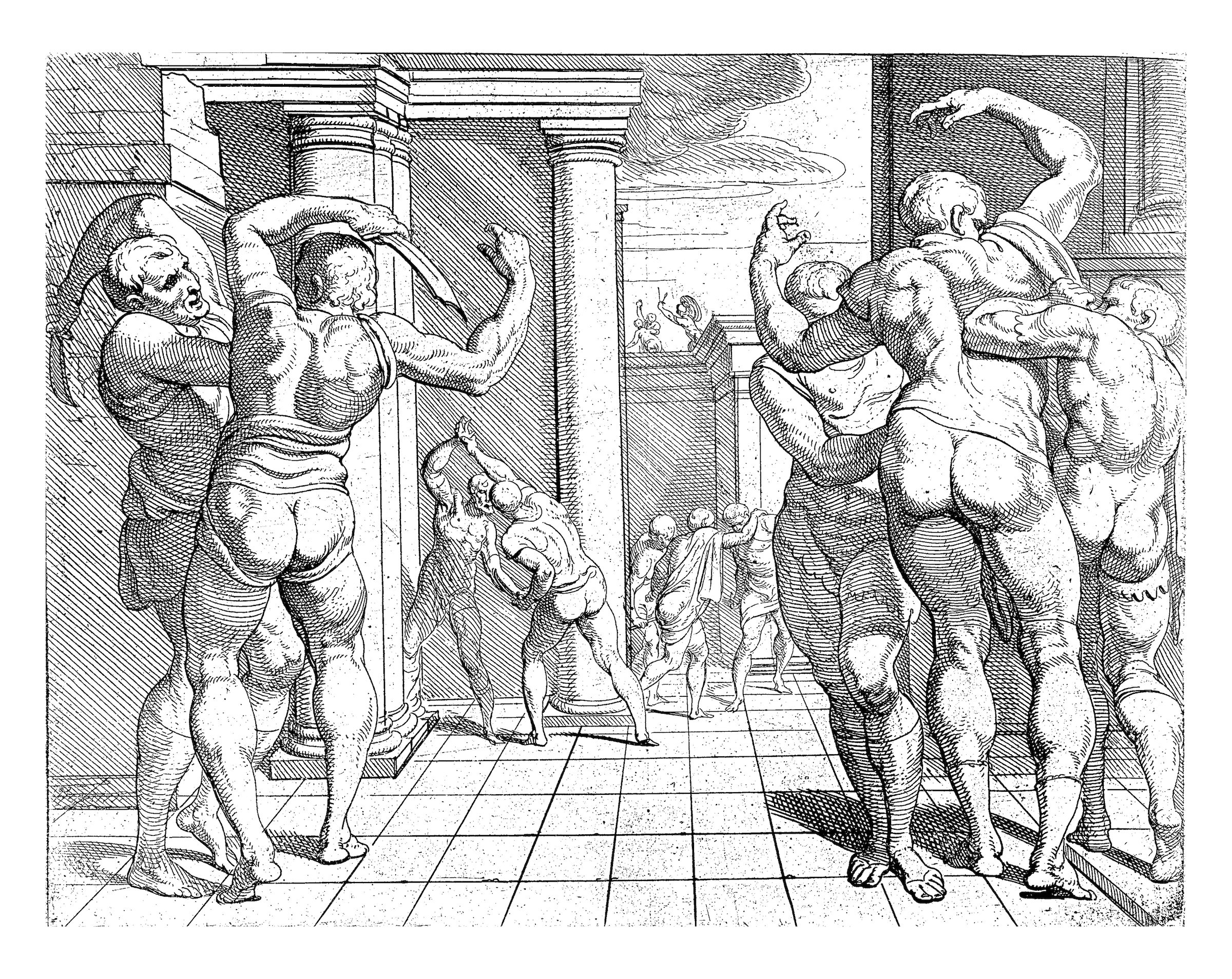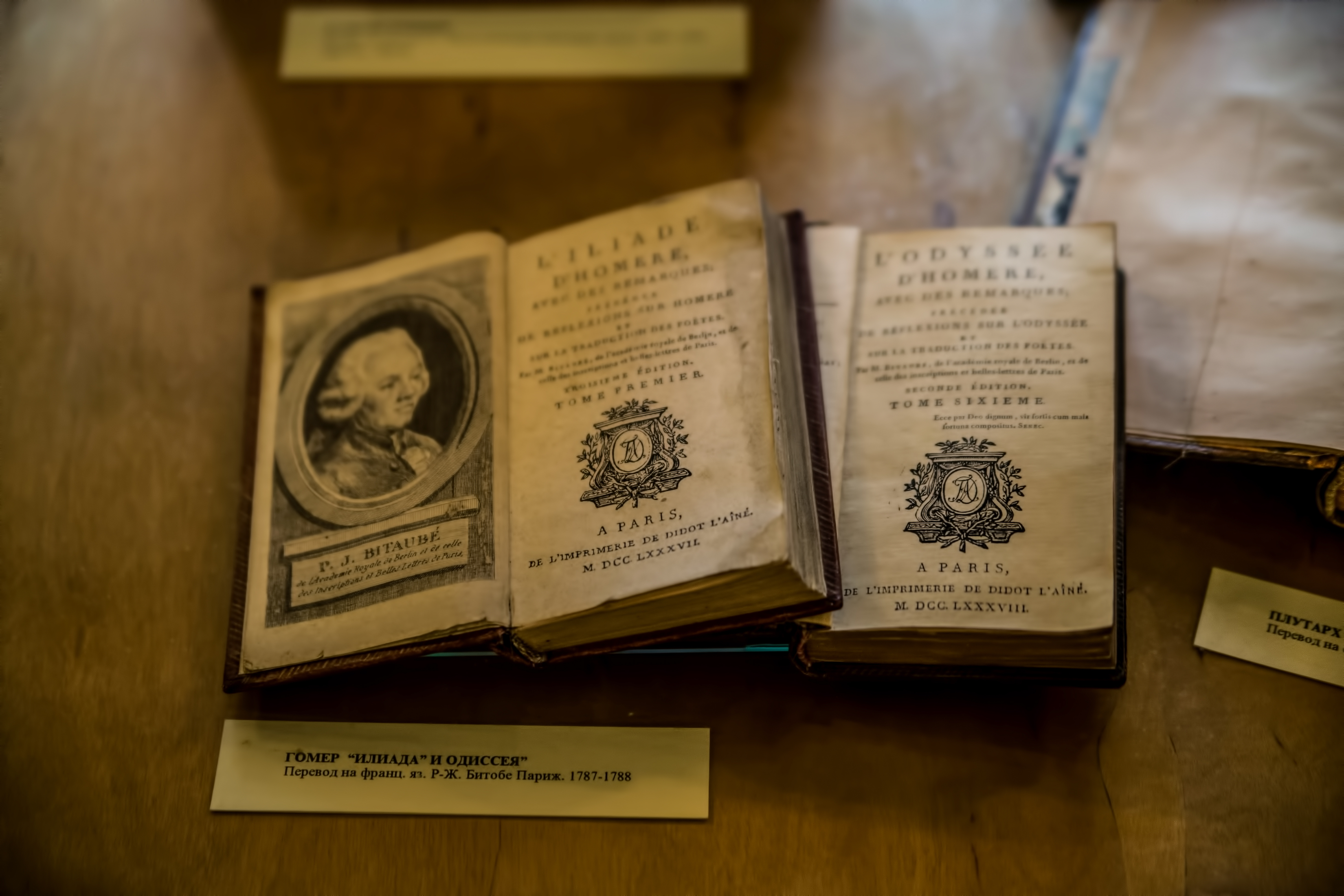The great poems of Homer, The Iliad and The Odyssey, are often described as being like the Bible for ancient Greece because they were continually read and studied over hundreds of years, and they formed the furniture of the imagination for ancient Greece. They were the one text that you had to know if you were going to be Greek, and they’ve continued to be studied all the way through Western culture up to today.
Why, then, does it still work? How can The Odyssey still speak to us? At one level, it’s because it’s got great stories all the way through: monsters we love, witches we know. It’s the great story of travel, and the idea of coming home is a story that is so deeply embedded in Western culture. That you might go out as a hero, have your adventure and return, that’s the structure of so many films, so many novels, so many books. They all go back to The Odyssey. In this sense, it is the myth of myths. It’s the story that makes sense of travel.
Why The Odyssey matters
It matters because of two interlocking things. The first is, what does it mean to have a home? What is a household? And the second is, if we’re interested in that sense of belonging, how much of it can you give up before you stop being who you are? If you’re not at home, who are you?
Those two questions run through The Odyssey in a most profound way. The first word of The Odyssey is andra, the Greek for man, adult male, husband, but it doesn’t have a name attached to it. The first line is: ‘Sing, Muse, of the man of many turns.’
Why doesn’t he get a name? It’s because we’re interested in the gap between what is a particular person and what is a general person. What is it to be a man, an adult male, a husband, and what is it to be Odysseus – a very particular, very tricksy, very difficult adventurer? The text explores that in the most extraordinary way. We never finish trying to work out what it means to be a man, what it is to belong, what it is to come back.
Telling stories and coming home
Odysseus does two major things. He sits in the palace of the Phaeacians, run by King Alcinous, and he tells stories on the wild side of how he met monsters like the Cyclops or witches like Circe, how he was forced into a sexual relationship with the witch Calypso for seven years. All of these places are far from human society, when he can’t be himself, when he’s being humiliated, when he’s being broken, when he’s being violently mistreated.
In the second half of it, Odysseus comes home, but what does it mean to come home? He doesn’t just walk into his palace and say, Hey, guys, I’m Odysseus. He arrives on the edge of the beach, asleep. He doesn’t even know where he is when he gets there. He wakes up and is tricked by a goddess to think he’s not at home, and is then told he is at home. He moves to the edge of his own land, where a shepherd receives him, a goatherd, a cowherd. He moves gradually towards his palace, where he sits on the step, then moving into the hall itself, where he fights for his space and, finally, to the bed at the centre of the house, to meet Penelope.
Crossing thresholds
In each of these moves, he crosses thresholds. He gets closer to what is the centre of a house, what it is to belong. At each point, he tries to test and reformulate relationships with the land, his son, the servants, his nurse, his dog, with his wife, Penelope, at the centre of the household, and then with his father and the citizens of the town.
The first thing he says when he gets into bed with Penelope after 20 years of absence, and this gradual build-up of relationship formation in the community, is that it’s not finished yet; that he’s got to go before he can come home; that he’s got to go on another journey. The Odyssey ends with the thought of Odysseus leaving once more, deserting Penelope to go to a place which does not know the sea. A mysterious, prophetic place.
We get two fascinating mirror images. When Odysseus is away on his travels, he meets the non-human: the Cyclops, a witch, a monster and Scylla, with her multiple heads. People eat humans, people destroy humans. He’s forced into the Cyclops’ cave by his own trick: when asked his name, he says, ‘I am no man.’ So, he has to deny that he even has a name, or he takes on the name of Noman, and we remember that first line of the poem, without a name.
But when he comes home, the question is, how much of his relationships does he need to form to come home? Can he come home and not have a relationship with his son? Well, no, because then the house wouldn’t have someone to pass on the property to. He would break the whole idea of genealogy, the whole idea of the patriarchal household. He’s got to have a relationship with his son. He must be on his side. What about his mother? Well, his mother is dead. What about his father? His father’s nearly dead, but they’re still there to fight together. What about his wife? Could he come home and find his wife is adulterous and sleeping with the suitors who are trying to have a relationship with her? Would that stop him being who he is?
The fragility of being human
There’s a great moment when he goes to Circe, the witch, and she tries to drug him, but he’s got a miracle counter-drug from the god Hermes. She says, You’re the only person who’s not been drugged by my drugs. You must be Odysseus. It was always told you would come. Come to bed.
He says, I’m not going to come to bed with you unless you take an oath that when I’m in bed you will not make me non-male, non-man; you will not unman me, as it’s often translated. What he’s terrified of in all these encounters with monsters is that, somehow, he will become a non-man. He’ll be unmanned.
So, we can both take a human being down from who they are, into the depths, to see at what point they stop becoming human, and you can build up through a series of relationships and ask, what is it to be human? What is it to have a belonging? That’s what The Odyssey provides: an extraordinary idea of how fragile and precarious that sense of belonging is, how crucial the sense of incremental understanding can be to that notion.
Alongside that, one of the ways that this text works so well and has been so powerful is the fact that he has his son there, Telemachus. The Odyssey starts explicitly at the moment when he’s about to become a man. So, absolutely parallel to Odysseus’s journey away from manhood and then back into relationships, we have Telemachus, his son, becoming a man.
There is a wonderful moment towards the end of The Odyssey when the suitors who have been ruining the house of Odysseus are in his hall feasting, and a bow competition is set up by Telemachus to win the hand of Penelope. Telemachus says, I’m going to try first. If I win, I’m not going to marry my mother. She can go as she likes, or she can stay, but I will show myself capable of using the tools and the toys of my father.
He takes the bow and three times he tries to string it but he can’t do it. On the third time, he does it with such force that he would have strung the bow, but Odysseus says no. He nods to him: Don’t do it. Don’t try and shoot the arrow. So, Telemachus gets right to the point of showing he could be the equivalent of his father, but then his father says, No, you can’t.
We get an extraordinary idea of what it is to become a man. What is your relationship to your father? Do you have to replace your father? Does your father tell you when you can be a man? How much do you fight over that? All around the extraordinary Freudian image of shooting an arrow through some holes to win a woman: your mother or your wife.
Who are you without your memories?
How do you fit into a society? How much could you live on your own and still be human? The sense of what could you give up and still be human? One of the shortest episodes in The Odyssey is one of the most memorable, and I use the word “memorable” designedly. It’s the lotus-eaters; we still talk about people who are lotus-eaters. It’s only a few lines long.
Odysseus and his crew come to a place where the lotus-eaters give them lotus to eat. What the lotus does is make you forget who you are. It makes you lose your memory. The men stop wanting to go home. Crying, they are carried by their companions who haven’t eaten the lotus, to the ship. This was typical of Homer: an extraordinary short episode, with a huge afterlife of people imagining what it is to lose your memory of where you want to travel to. Would you still be human? Would you still be a person without your memories?
They have to be carried away crying because no memory is also no grief. It’s still no hope and it’s no anticipation, but it’s no grief. So, they’re forced to go back to try to become human. Again, it’s these little images that are so redolent and so powerful in the Western imagination: how much can you bear to lose? How much do you need to be a human?
Today, The Odyssey is still the most fantastic teaching text because there isn’t anybody you teach who doesn’t worry about what it means to belong, what you need to have to feel yourself fulfilled and what you could give up. It’s amazing.
The first real bestseller of the, now huge, Penguin Classics series was a very simple prose translation of The Odyssey, by E. V. Rieu, which sold hundreds of thousands of copies, much to the surprise of the Penguin team, who had no expectation of it being such a big hit. It was a surprise hit partly because the translation began at about line 12 with: Everybody else was at home after the war except for Odysseus.
In 1948, when that was published, or thereabouts, this meant so much to people who had been ravaged by the Second World War that that sentence alone was enough to make them want to read on. What did it mean to have been away from home, to fight for what you cared about? How much did you care about what the war had done to the way you feel about who you are, what it is to be a person?
Connecting to The Odyssey today
I don’t think we’ve got any further in our thinking than what The Odyssey has to offer. Its engagement with a full ecological sense of the world, the need to have a relationship with the land, with animals, with the whole world around you, as well as people, is an extraordinarily potent way of thinking about the world.
One of my children’s favourite bedtime readings was Odysseus in the Cyclops cave. They used to love hearing that story of how Odysseus outwits the monster, but they also loved the monster’s violence. There’s something about the way these stories get into your mind at an early age so that you always think you’ve known about the story of coming home. But it is produced from somewhere and in some form – and that form is The Odyssey.



